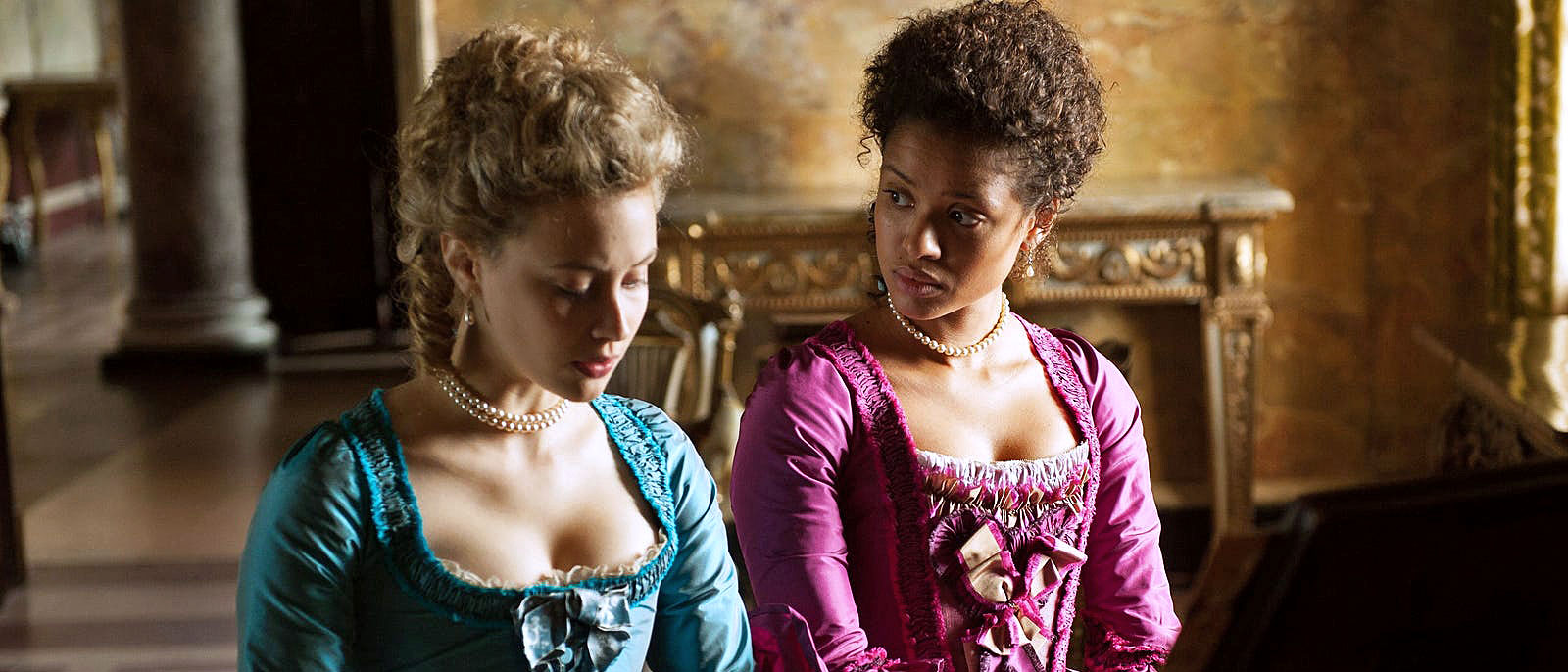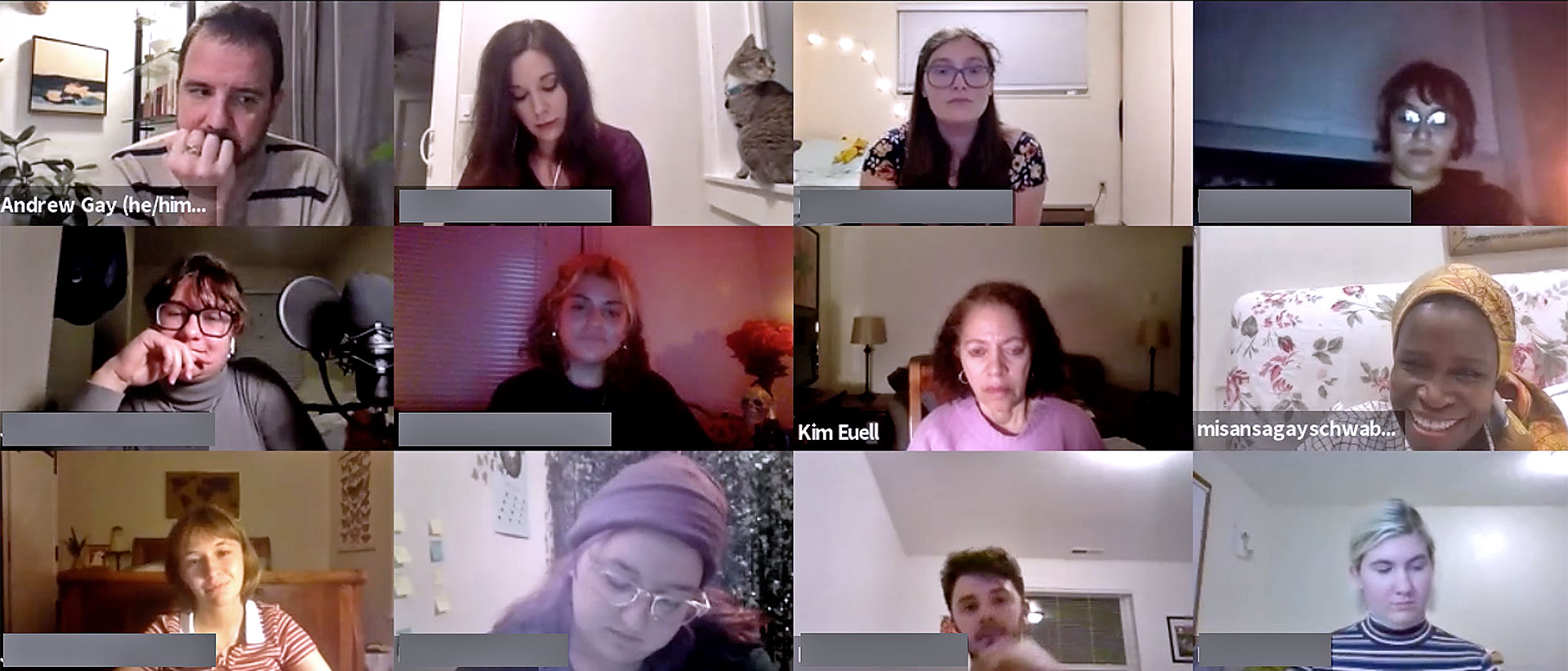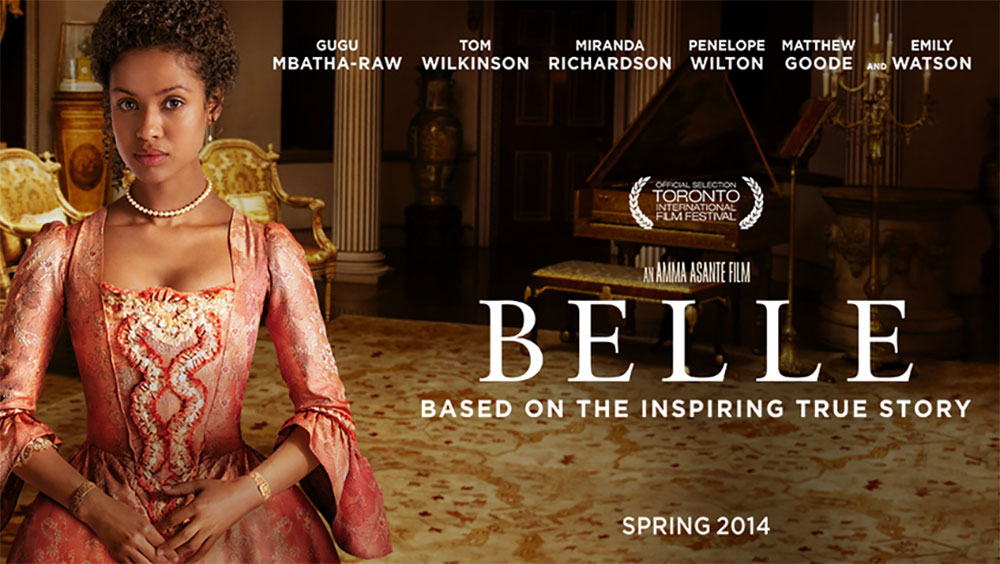- be_ixf; php_sdk; php_sdk_1.4.18
- 32 ms
- iy_2025; im_08; id_10; ih_16; imh_27; i_epoch:1.75486842464E+12
- ixf-compiler; ixf-compiler_1.0.0.0
- py_2025; pm_07; pd_14; ph_13; pmh_29; p_epoch:1.75252494296E+12
- link-block; link-block_link-block; bodystr
- pn_tstr:Mon Jul 14 13:29:02 PST 2025; pn_epoch:1.75252494296E+12
- 0 ms
- be_ixf; php_sdk; php_sdk_1.4.18
- https://sou.edu/academics/reading-black-screenwriters/
- https://sou.edu/academics/reading-black-screenwriters/

Reading Black Screenwriters
SOU Screenwriting Course Creates Safe Space for Deep Learning on Equity and Diversity
In the wake of a year of national protest grounded in issues of equity and diversity, the Digital Cinema faculty at Southern Oregon University took an opportunity to quickly respond to current events and launch an innovative course on Black screenwriting in Fall 2020.
Associate Professor Andrew Gay and adjunct instructor Kim Euell co-taught the special section of DCIN 399 — Reading Black Screenwriters. Euell is a member of the Oregon Shakespeare Festival Writer’s Group and a freelance playwright and dramaturg in Ashland.
Students took on critical readings of five films written by Black creators, and also established a classroom culture that embraced complexity and close personal connections, even in a remote instructional format.
Although the course had the capacity to admit more, 10 students ended up enrolling, and the small size contributed to the quality of the learning.
“I wish every class could be this way,” Gay said. “The safety and intimacy of the group was the most special part of this experience. The students were incredibly generous with one another, open and willing to dig into very difficult material, both in the films and scripts we were analyzing and also in drawing connections to their own personal lives.”
Three factors helped Reading Black Screenwriters take root during the Summer of 2020. First, Gay taught a screenwriting course over the summer, and several students voiced their interest in reading and analyzing full-length screenplays. Second, Gay received Euell’s CV for consideration as an adjunct instructor. And, third, the death of George Floyd and other Black Americans at the hands of police ignited a widespread protest movement across the U.S.
“The ongoing protests all over the country against race-based police brutality felt like a teaching opportunity we were missing,” Gay said. “Somehow, these three things all gelled in my head, and I thought, what if we did a course in reading Black screenwriters?”
Earlier in 2020, Euell accepted a position at the Oregon Shakespeare Festival but was unfortunately furloughed due to the COVID-19 pandemic. Meanwhile, Euell hoped to teach a film course and submitted her CV to SOU. Her late partner was a screenwriter, which gave her the opportunity to learn more about the film and its connection with her theatrical work.
“I was excited to see that many more African American filmmakers were having opportunities to bring their stories to the big screen,” Euell said. “Part of my inspiration for teaching the course grew from what has been occurring with the Black Lives Matter movement. It seemed that there was a need that I was able to help fill.”

In the course, students analyzed five films:
- 12 Years A Slave by John Ridley
- Belle by Misan Sagay
- Fruitvale Station by Ryan Coogler
- Love & Basketball by Gina Prince-Blythewood
- Moonlight by Barry Jenkins
Students participated in class by reading and annotating each of the five scripts and watching the films. “We alternated back and forth between them reading the script first and watching the film and watching the film before analyzing the script,” Gay explained.

The class also hosted guest speakers, including Sagay, the second woman of color and first African selected to join the writers’ branch of the Academy of Motion Picture Arts and Sciences.
Sagay’s “Belle”, was inspired by the true story of Dido Elizabeth Belle, the daughter of Admiral Sir John Lindsay and an enslaved African woman known as Maria Belle.
SOU’s DCIN faculty adopted the EDIT 10 Media pledge this year, which calls for media production faculty to adopt best practices to expand equity, diversity, and inclusion.
EDIT Media (Equity, Diversity, and Inclusion in Teaching Media) devised the national initiative, which emerged from the Gender Caucus and Diversity and Inclusion Caucus of the University Film and Video Association. Students can look forward to more courses that support diverse learning and inclusion at SOU as the EDIT 10 principles are fully adopted in the Digital Cinema curriculum, and potentially further Communication Program courses.
Learn More About the Digital Cinema Program Here
Story by Autumn Micketti (@mountainmusicwoman), Community Manager for the Communication Program at Southern Oregon University.


